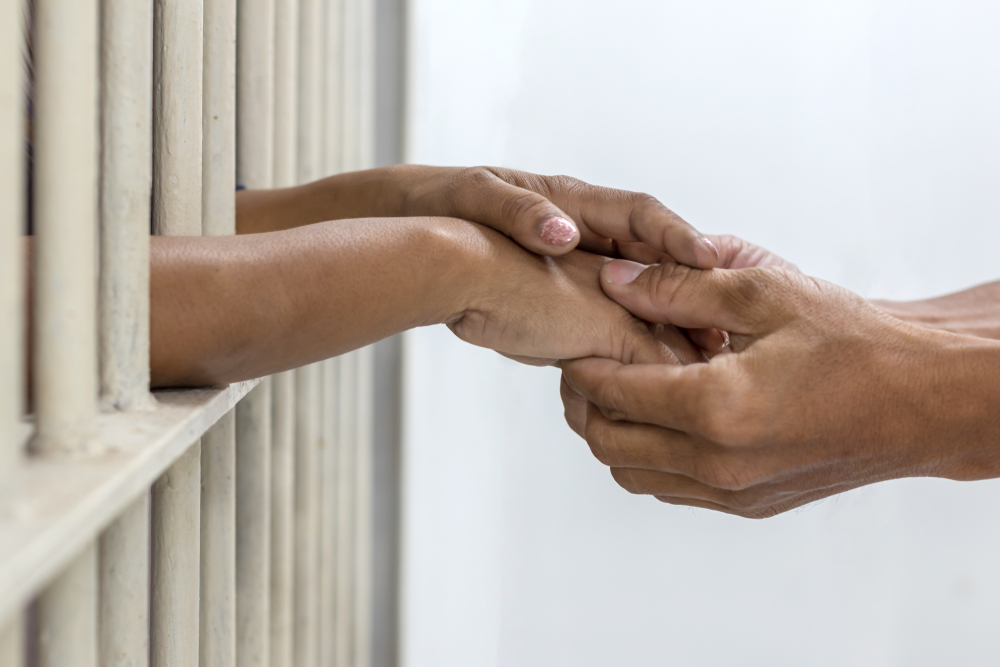The Secretary of Education said on Monday that churches are among the institutions with the best solutions for using education to reduce incarceration and reoffending.
“I’m not one to suggest that government should step in or can step in in an effective way into many situations,” Education Secretary Betsy DeVos said at the Justice Declaration Symposium, hosted by the group Prison Fellowship, at the National Museum of the Bible in Washington, D.C. on Sept. 30.
“I am one that believes that the Church and private sector organizations are by definition the best solutions and answers very often.”
DeVos was speaking at the Museum of the Bible about the role of churches in advancing education and other initiatives to reduce incarceration. Her appearance followed a day of panel discussions on prison ministry at the Justice Declaration Symposium.
Dr. Russell Moore, president of the Ethics and Religious Liberty Commission of the Southern Baptist Convention, followed her as the keynote speaker.
The Justice Declaration is a document signed by 4,700 Christians and faith leaders expressing the need for churches to lead efforts to reduce incarceration.
The declaration states principles of human dignity and acknowledges the responsibility of churches and communities to be “seedbeds of virtue.” It commits signatories to fighting on behalf of the poor for better education and access to legal representation, proportional punishment in the justice system, care for victims of crime, and help for former prisoners to reenter society.
The U.S. represents five percent of the world’s population but houses 25% of the world’s incarcerated population, the declaration notes. Nearly 2.2 million Americans are in prison and an estimated 65 million American citizens have a criminal record, presenting an obstacle to their future career opportunities.
The role of education in reducing incarceration was the topic of discussion on Monday, with DeVos noting that, at one of her visits to a prison in Indiana, the warden told her the biggest problem was not violence, but illiteracy.
She noted that many in the audience may already have been involved in church-run ministries to address problems like illiteracy or education and training for former inmates reentering society. “There’s great opportunity to expand on that,” she said.
DeVos addressed efforts to promote Second Chance Pell Grants for former inmates. In 1994, Congress stopped access to Pell grants for those incarcerated in state and federal prisons, but in 2015 the Obama administration announced the Second Chance Pell (SCP) pilot program.
The administration partnered with 67 colleges and universities in the 2016 pilot, which allowed inmates a chance to pursue post-secondary studies with Pell Grants. Over 10,000 students received Federal Pell Grant funding from 64 institutions from July 1, 2018, through June 30, 2019.
Legislation is currently in the Senate to make the Second Chance Pell Grants permanent.
While Pell grants and other policy initiatives are important for reducing incarceration, “it really, to me, is only a vehicle for helping to compensate for the access to some of these education opportunities,” DeVos said on Monday.
“I believe that the church writ large, and our local churches, and those who make up those communities, really do have very often the best methods and the best way forward to form relationships with individuals that are behind bars,” she said.
Moderator Craig DeRoche, senior vice president of advocacy and public policy at Prison Fellowship, said that “the Church and others have to be there” to mentor and volunteer children and teens at risk, and ensure they have the education they need. “Absolutely,” DeVos agreed, emphasizing the need to help each individual person figure out their education goals and interests, and help steer them towards their vocation.
For those reentering society from prison, “I try to put myself in their position,” DeVos said, one perhaps of uncertainty. “And education is the ticket to a good future for just about anyone and everyone.”
“We should be embracing these opportunities for brothers and sisters who are behind bars today, who will be in our communities and with their families, and giving them a purpose—giving them a means for their purpose,” she said.

